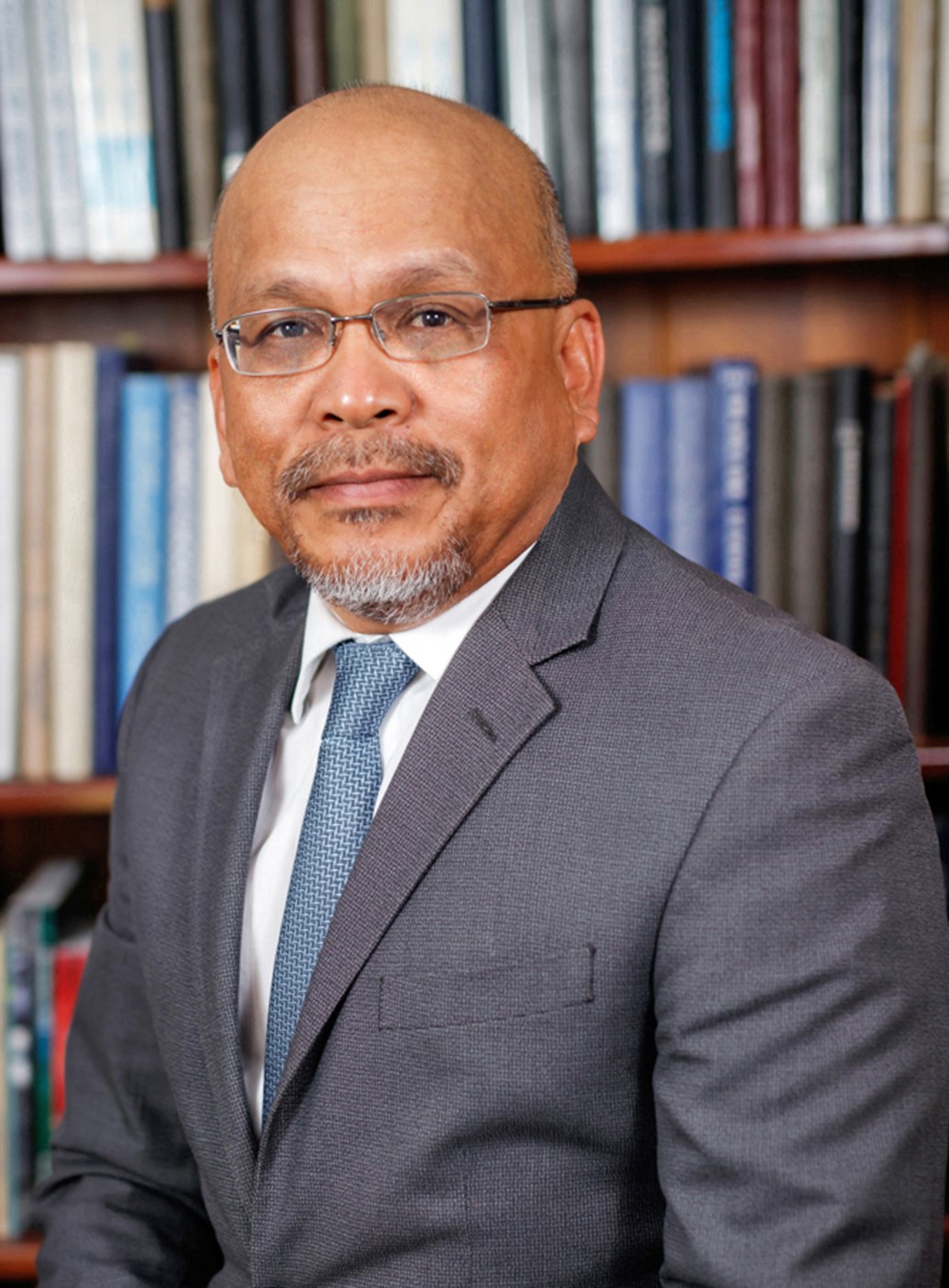Conferencias y seminarios
Seminario Geotecnia "Deterministic and Probabilistic Post-liquefaction Analysis"
Informaciones
- Comunicaciones DIC
- +00000000000
- comunicacionesdic@uchile.cl
Fecha
Miércoles 05 de octubre de 2022
Hora
16:15
Lugar
Zoom
(Requiere inscripción para recibir el link)Organiza
Seminario Geotecnia "Deterministic and Probabilistic Post-liquefaction Analysis"
Expone:
Marte Gutierrez, is the James R. Paden Distinguished Professor at the Department of Civil and Environmental Engineering and Director of the US DOT Tier 1 Center for Underground Transportation Infrastructure (CUTI) at Colorado School of Mines. Formerly, he was Post-Doctoral Fellow, Senior Engineer, and Program Leader at the Norwegian Geotechnical Institute (NGI), and Associate Professor/Professor at Virginia Tech. He was Founding Chair of the Department of Civil and Environmental Engineering at Khalifa University in Abu Dhabi, UAE. He has also held visiting professorship and researcher positions in China, Chile, France, Japan, and South Korea. He has published more than 360 papers in book chapters, journals, and conference proceedings, and has given keynote and invited lectures at several conferences. He has been involved in several landmark and groundbreaking Civil Engineering projects while working in Norway. He is an Associate Editor of three international journals and is an Editorial Board Member of four other international journals. He is the recipient of the Geotechnical Research Medal from UK’s Institute of Civil Engineers, the Peter A. Cundall Honorable Mention Award, the Applied Rock Mechanics Research Award from the American Rock Mechanics Association, the 18th Advanced Powder Technology Distinguished Paper Award from the Society of Powder Technology Japan, and the Kwanghua Visiting Professorship from Tongji University. Dr. Gutierrez is currently a Fulbright Scholar at the University of Chile.
Abstract:
The phenomenon known as liquefaction, where loose cohesionless soils lose a considerable amount of shear strength, is commonly associated with earthquake damage. When structures are founded on or made of potentially liquefiable soils the resulting failures can be catastrophic, especially in the case of earth and mine tailings dams. Analyzing the potential for liquefaction can be done in two ways 1) using the peak shear strength (also called the liquefaction shear strength) or 2) using residual shear strength after triggering of the liquefaction has occurred (also known as the post-liquefaction shear strength). Selection of the liquefied shear strength is an important decision because the chosen value can unnecessarily drive up the mitigation costs or lead to the construction of unsafe structures. The liquefied shear strength can be determined deterministically or probabilistically. This presentation will provide 1) a re-analysis of well-known cases of flow liquefaction histories and 2) the deterministic and probabilistic back-calculation of the liquefied shear strengths from the case histories and their relationships to in situ test data particularly the Standard Penetration Test (SPT) blowcounts. Existing databases are re-complied and re-considered, and additional case histories are combined for analysis. Different issues are addressed including the role of normalization of the liquefied shear strength with respect of the initial effective vertical stress, the choice of the value of the SPT blowcount, and procedure to account for fines content. Since deterministic methods do not account for uncertainties in data, probabilistic liquefied shear strength criteria are developed using the First-Order Reliability Method, Monte Carlo Simulations, and Bayesian Mapping. The tools developed through this research will provide engineers and scientists with a simple transition into risk-based liquefaction design and analysis.
- Miércoles 05 de Octubre 2022/ 16:15 hrs
- Inglés
- Inscripciones:
Comunicaciones DIC


